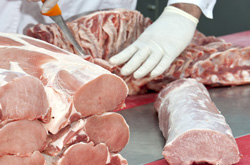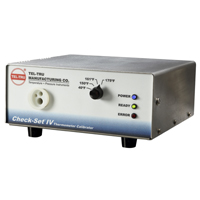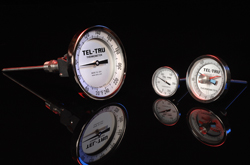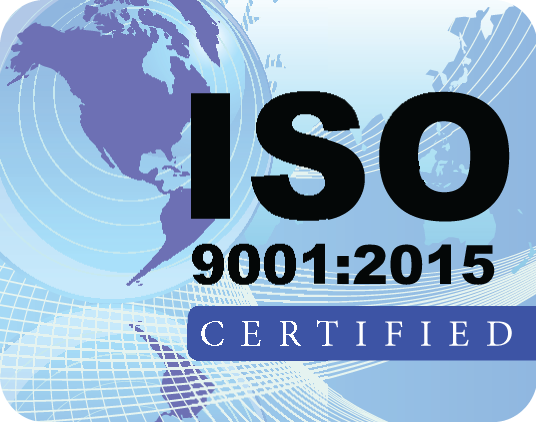FOOD SAFETY/HACCPHACCP (Hazard Analysis Critical Control Point) is a systematic preventative approach to food safety that involves the definition of specific measurements to reduce risk. HACCP techniques focus on the prevention of hazards and not upon final inspection. HACCP principles are widely applied to FDA and USDA regulated industries and a growing list of international industries, government agencies, and organizations. |
 |
|
|
Requirements Satisfactory monitoring of CCPs requires accurate and precise measurements of parameter values (e.g. temperature, pressure, pH, etc.) to ensure that defined Critical Limits are met. Equipment used to make those measurements must be properly calibrated. The HACCP plan must describe instrument calibration procedures and frequency, responsible individuals and required documentation records for instruments used measuring those parameter values. |
||
 |
Check-Set Series Delivers -- Check the calibration of your temperature instruments with a Check-Set® IV Thermometer Calibrator. | |
|
Check-Set Calibrators are designed for Food Safety Professionals as an easy-to-use tool to verify the calibration of temperature measurement instruments in compliance with HACCP requirements. Users can check thermometers and other temperature sensing instruments at temperatures equal to or close to the critical control points of their processes. |
||


